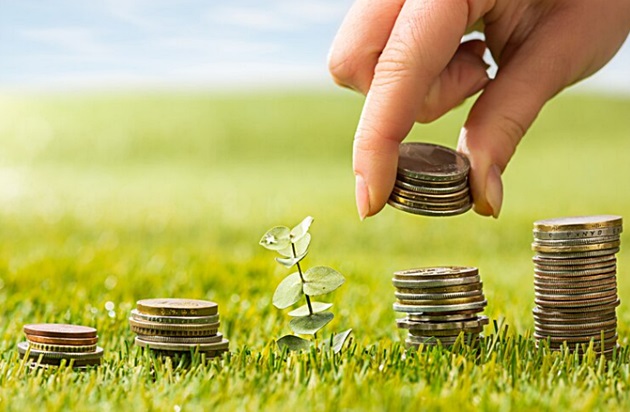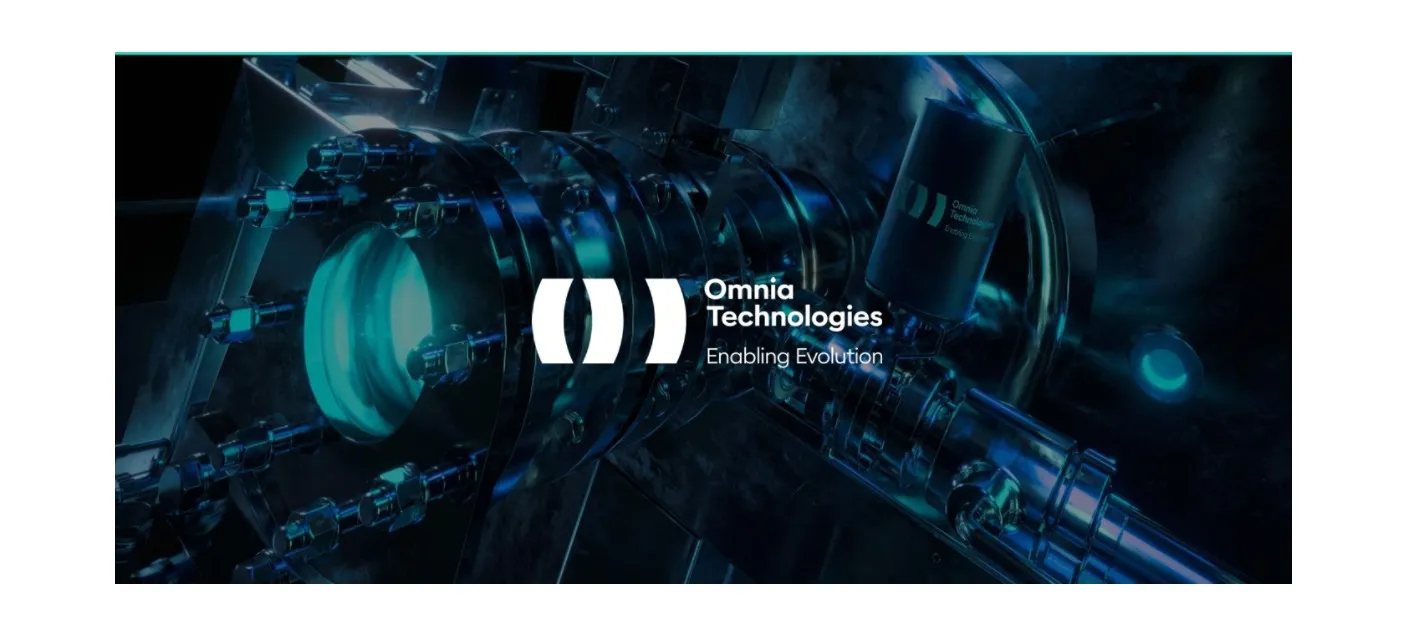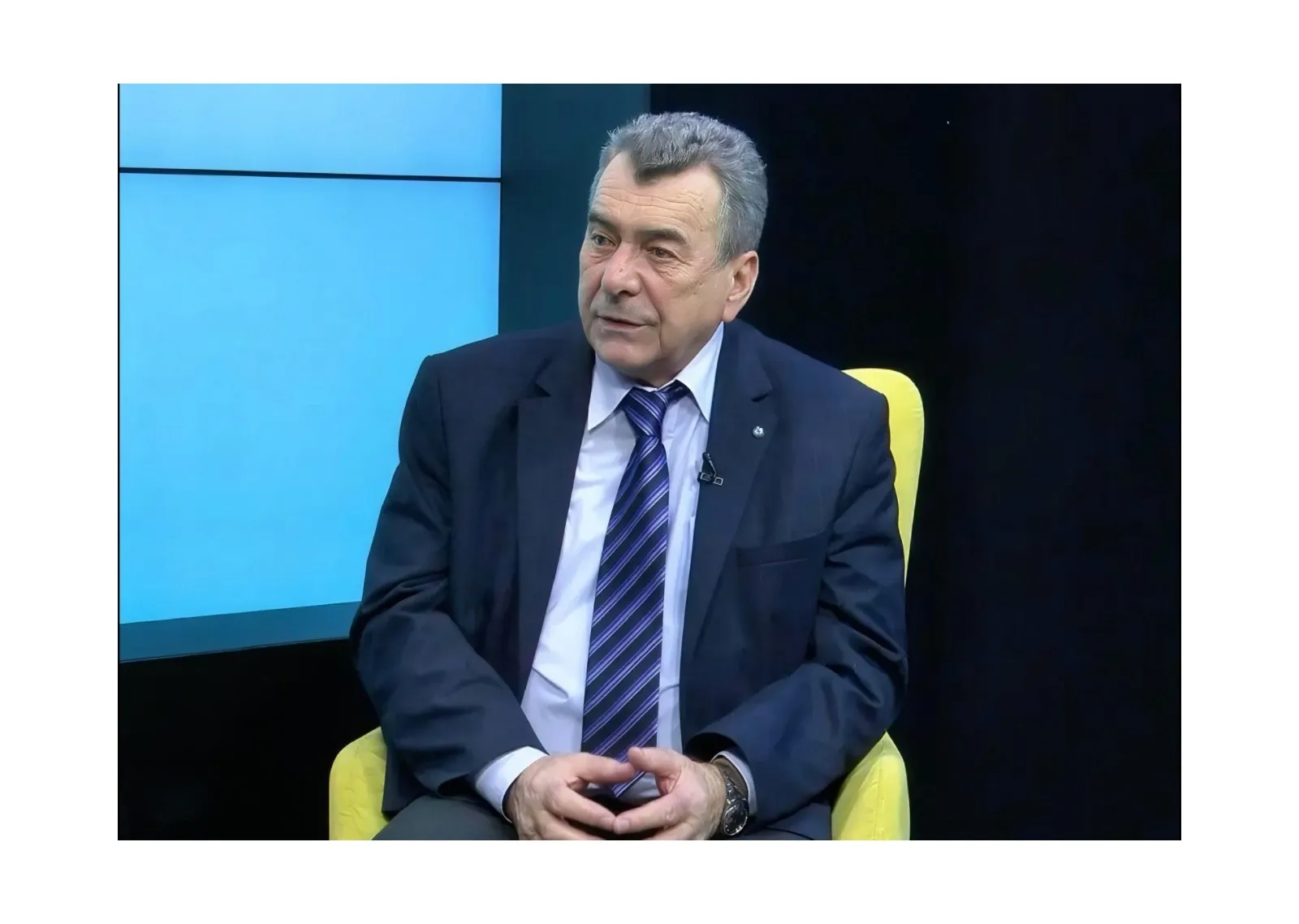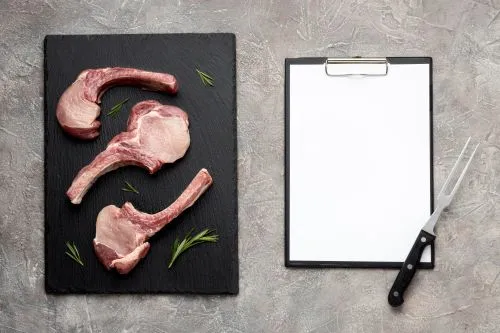1399

The next European Commission should have a "strong" commissioner for agriculture, reflecting the increasing importance of food and agriculture on the political agenda, said the president of COPA, the largest association of European farmers, in an interview with Euractiv.
Below is a summary of the responses from the new leader of the Copa-Cogeca alliance:
Christiane Lambert, the first woman to lead the most representative organization of farmers in the EU, will resign in September after four years in office.
Her mandate began in the first year of the pandemic, continued with the trauma of a new war in Europe, and concluded with farmers' rallies across the continent, in a crescendo that seems to have changed the EU's approach to agriculture.
At the beginning of her mandate in 2019, EU decision-makers "only talked about the environment" and "thought food security wasn't a problem," because if we lacked food and other agricultural products, "we could buy them from another country."
After the shocks of the pandemic and the Russian invasion of Ukraine, "all [EU] governments now say" that food security and production are "as important as the environment."
Farmers' movements were blamed for the failure of the EU's Green Deal agenda, to which Lambert responded: "We need women and men who are aware" of climate issues and ecological transition.
However, she added, "if we look at the real conditions of agriculture, you have to understand that" applying ecological requirements, regardless of conditions, "is impossible." "We must adapt the pace of change to farmers' capacity."
The return of food security has also been reflected in the Strategic Agenda 2024-29, sealed by EU leaders on June 28.
Due to this change in perspective, Lambert now calls for "a strong commissioner" for the future mandate. "We would like him to be Vice President of the Commission," someone with a portfolio covering the food chain, because the entire food chain must now be more considered.
In the college of commissioners, vice-presidents act on behalf of the president and coordinate activities within their area of responsibility, along with several other commissioners.
A commissioner for food is likely to be tasked with addressing the controversial issue of market power balance in the food supply chain. "Strengthening farmers' positions in the food chain" is also a commitment of the Strategic Agenda of EU leaders.
On this issue, the EU adopted a directive to protect farmers' incomes in 2019, after a heated debate with farmers, the food industry, and retailers opposing stricter rules.
Amid calls from several EU leaders to reassess the balance of market power in the supply chain, the Eurocommerce retailers' association has called for avoiding stricter rules against transnational buying alliances.
Farmers' income is "only 60% of the average," and the directive "does not go far enough," Lambert emphasized. In many countries, she added, players in the food chain are committing to consider production costs to reward farmers with "a fair price."
Among the "good examples," according to Lambert, are Spain, France, and Croatia, "but we need to change at the European level."
Asked if all this emphasis on food security and food sovereignty risks reverting to protectionism, Lambert replied that "when you talk about sovereignty, it means you need a political decision to say that agriculture is important."
"We need to make a change, we are open to trade," she said, adding that we need more "reciprocity in trade, to have the same rules as much as possible with producers from third countries."
In addition to rejecting protectionism, Lambert has no sympathy for nationalism. "Europe is the necessary horizon for farmers," she said.
"If we only have nationalist parties side by side, it's a plus for selfish people. And that doesn't make a united family." (Photo: Freepik)





